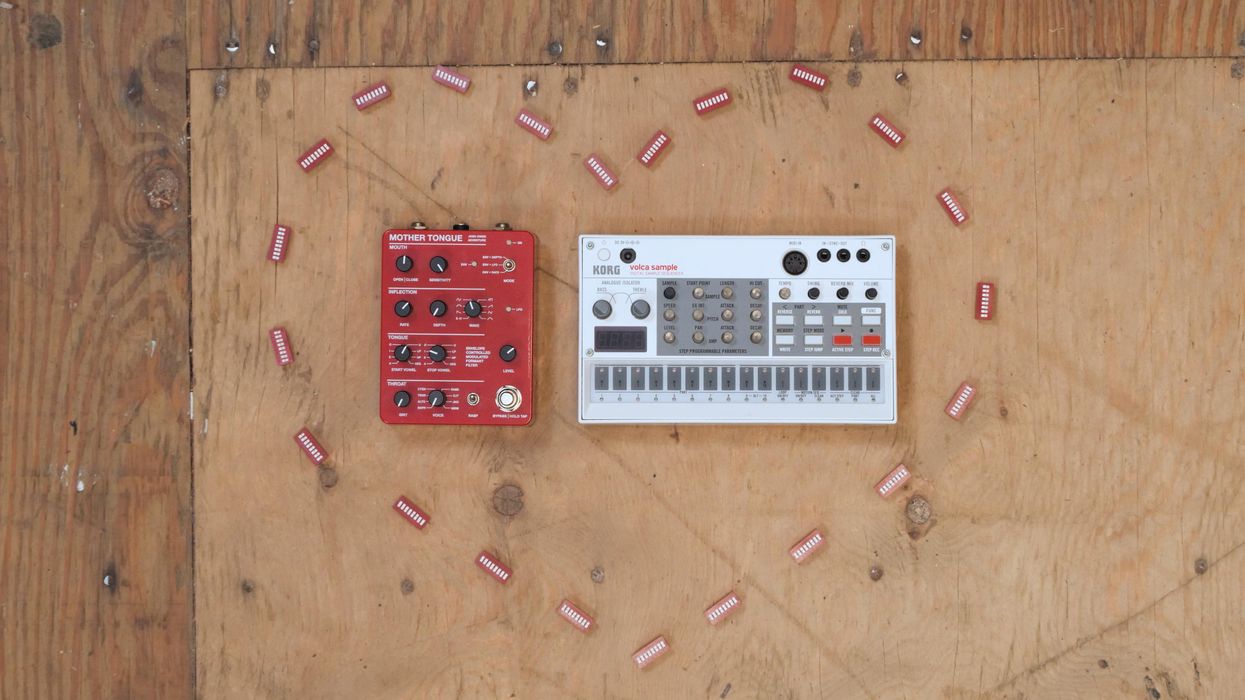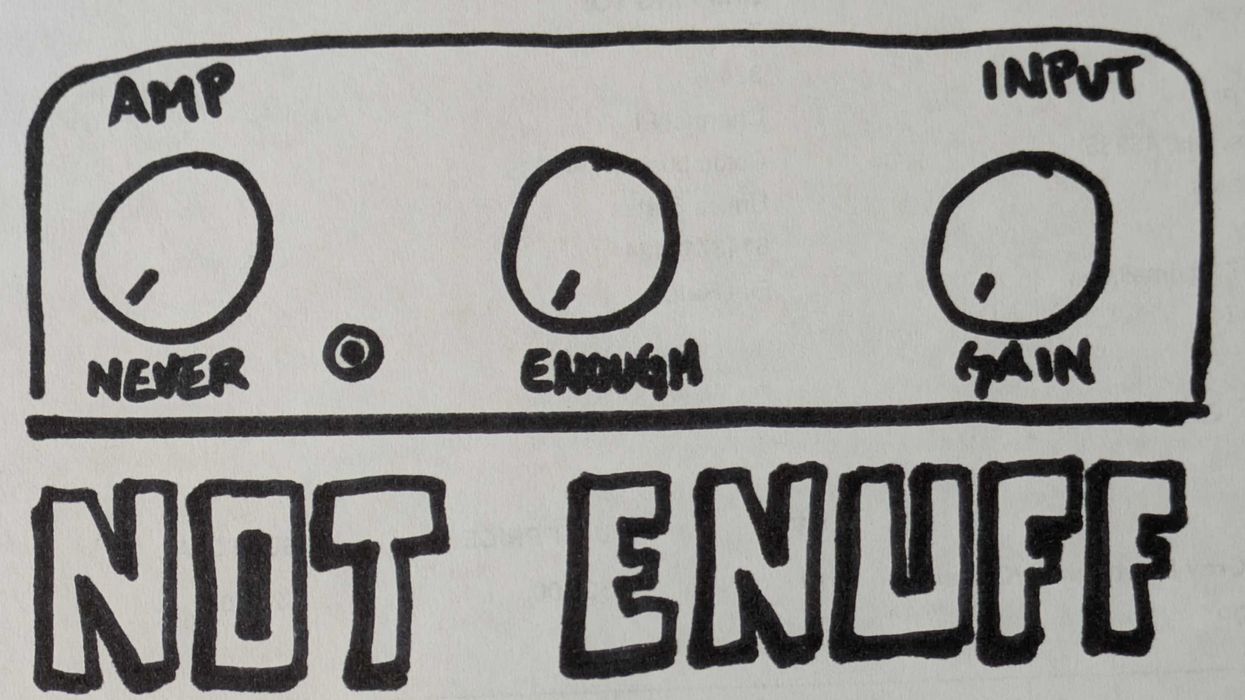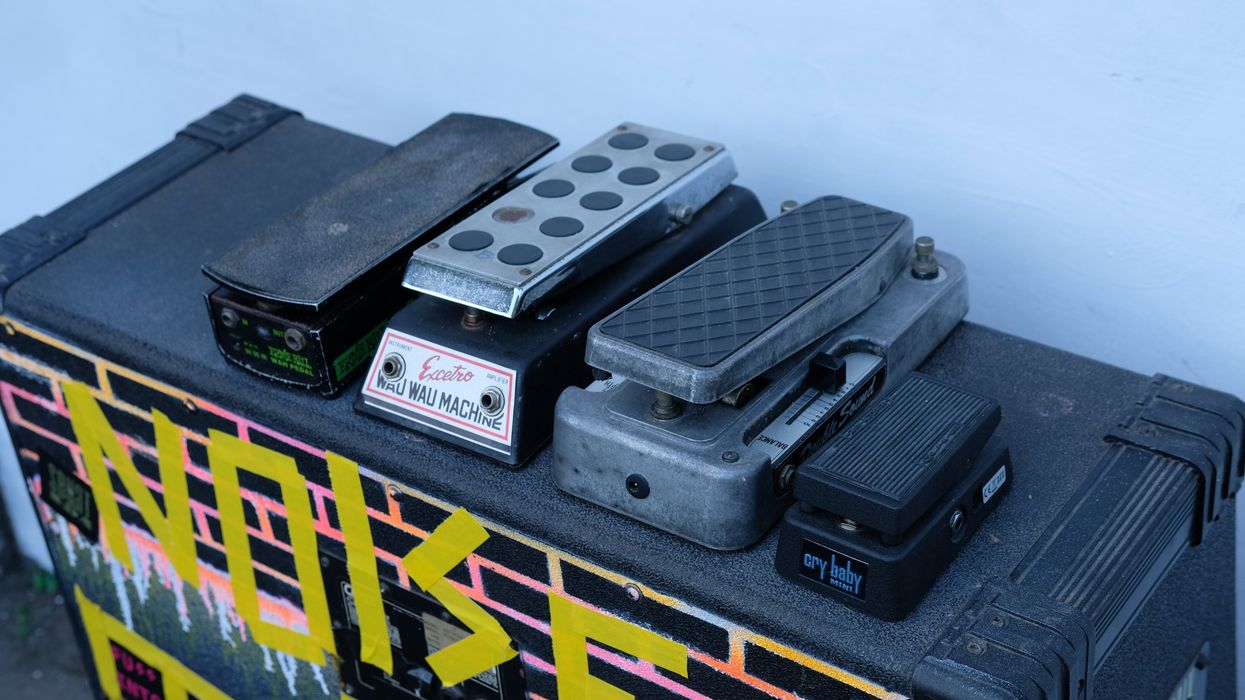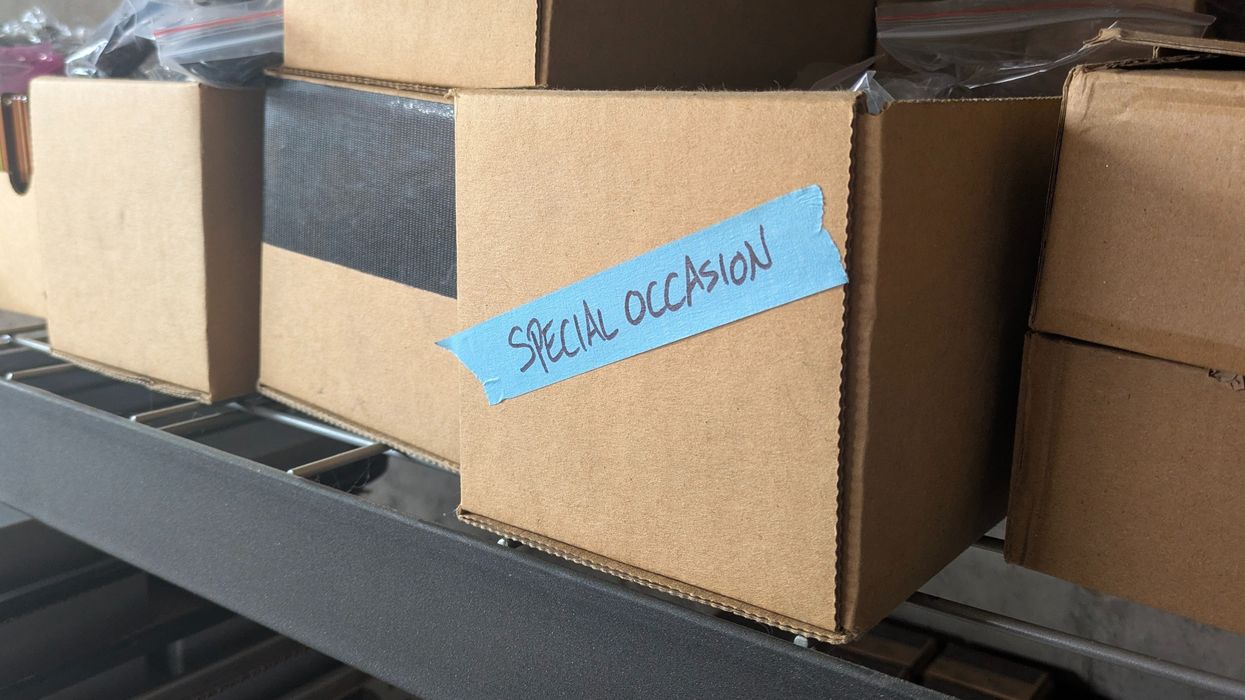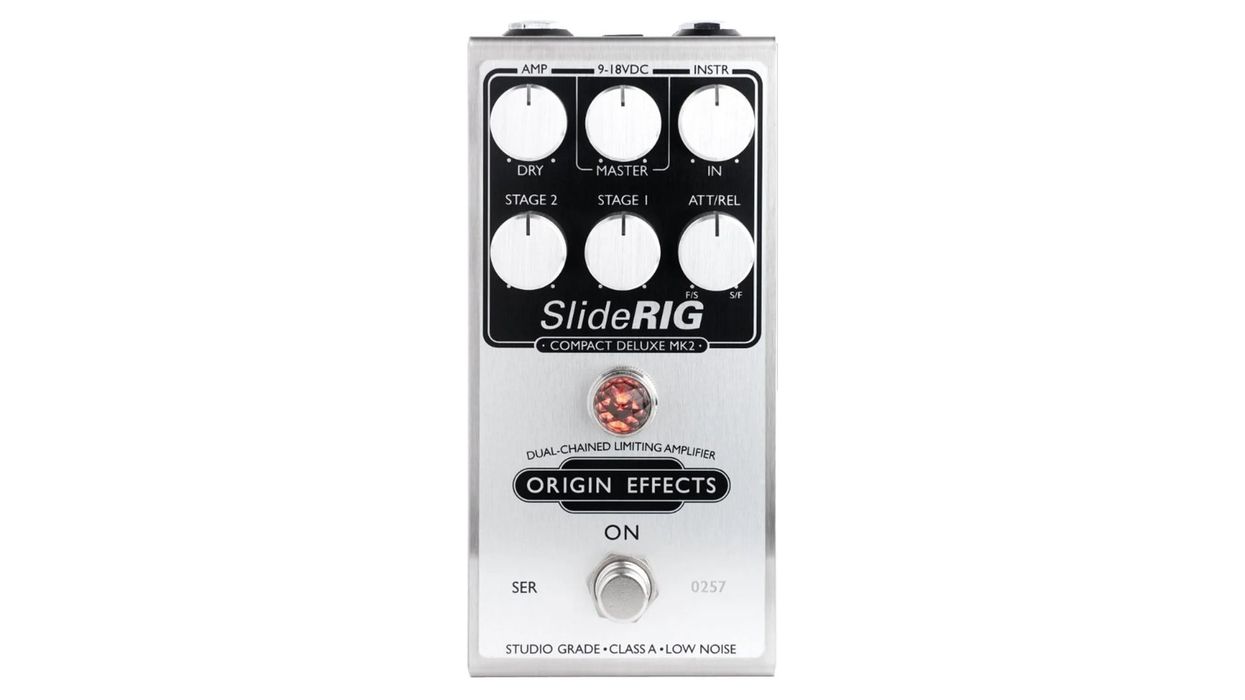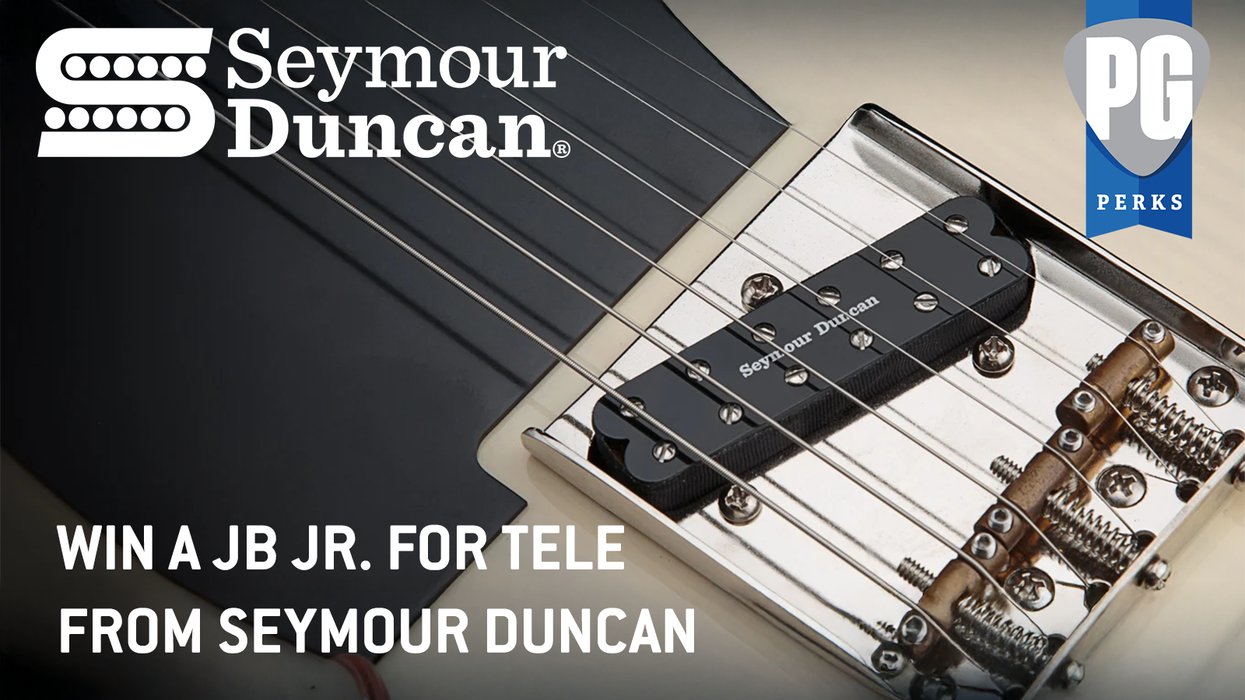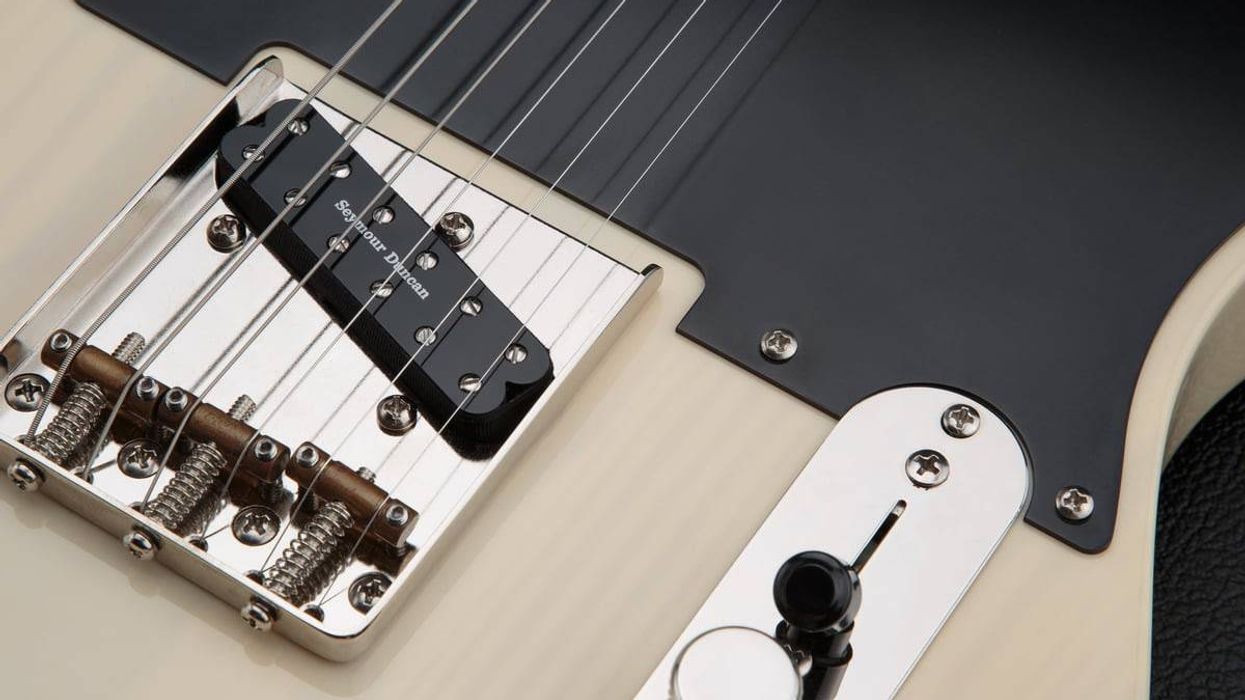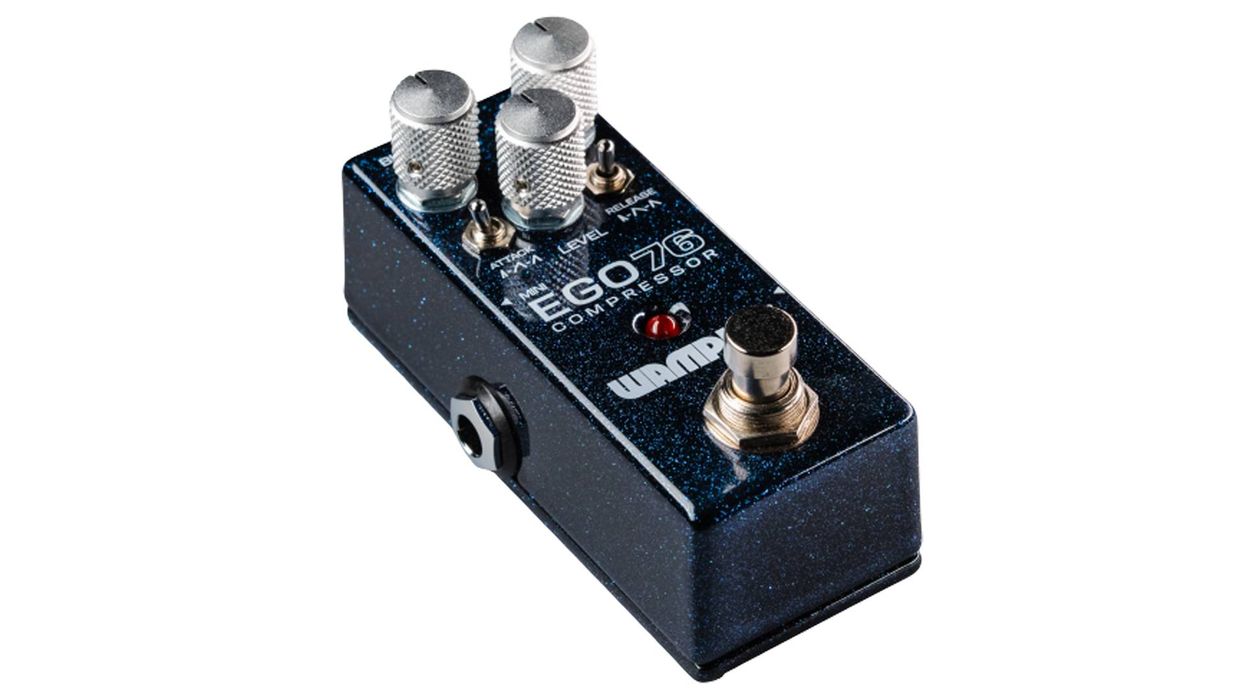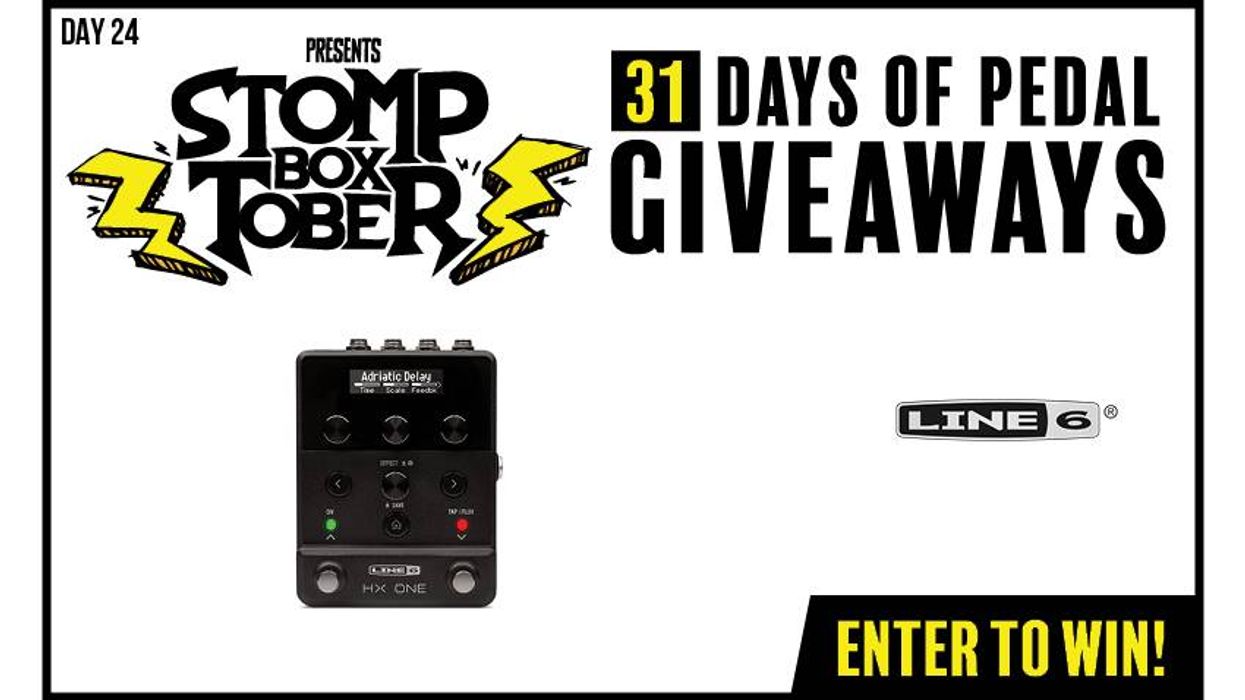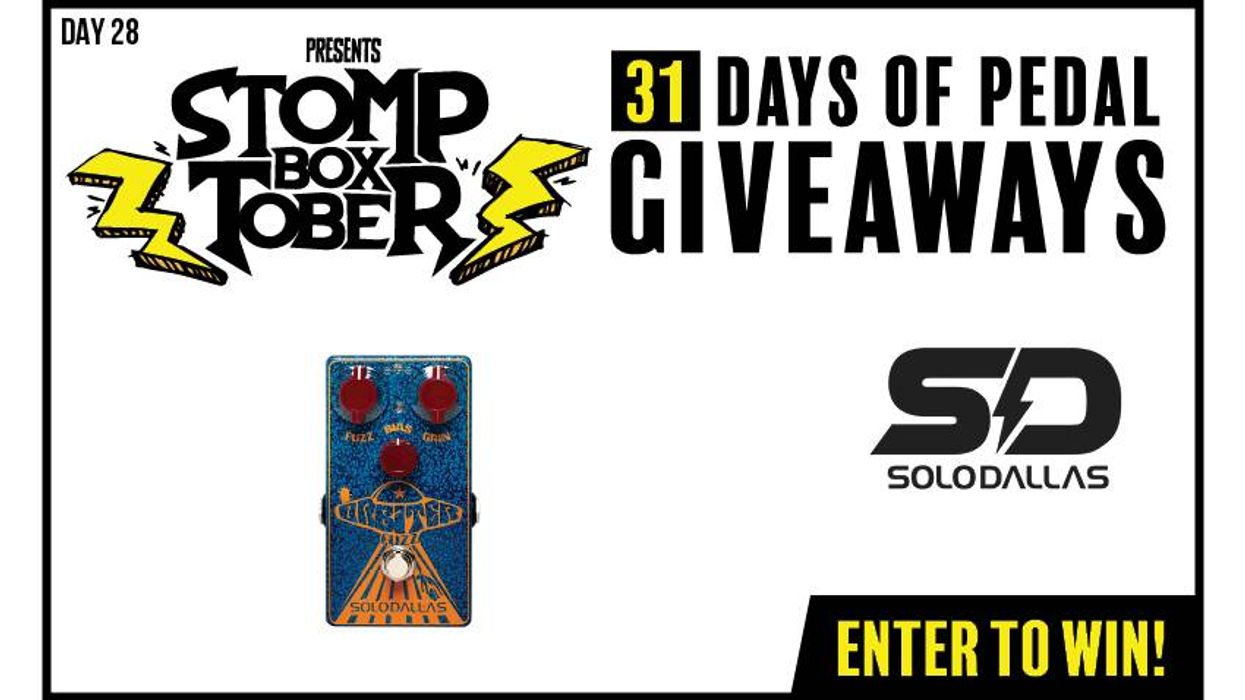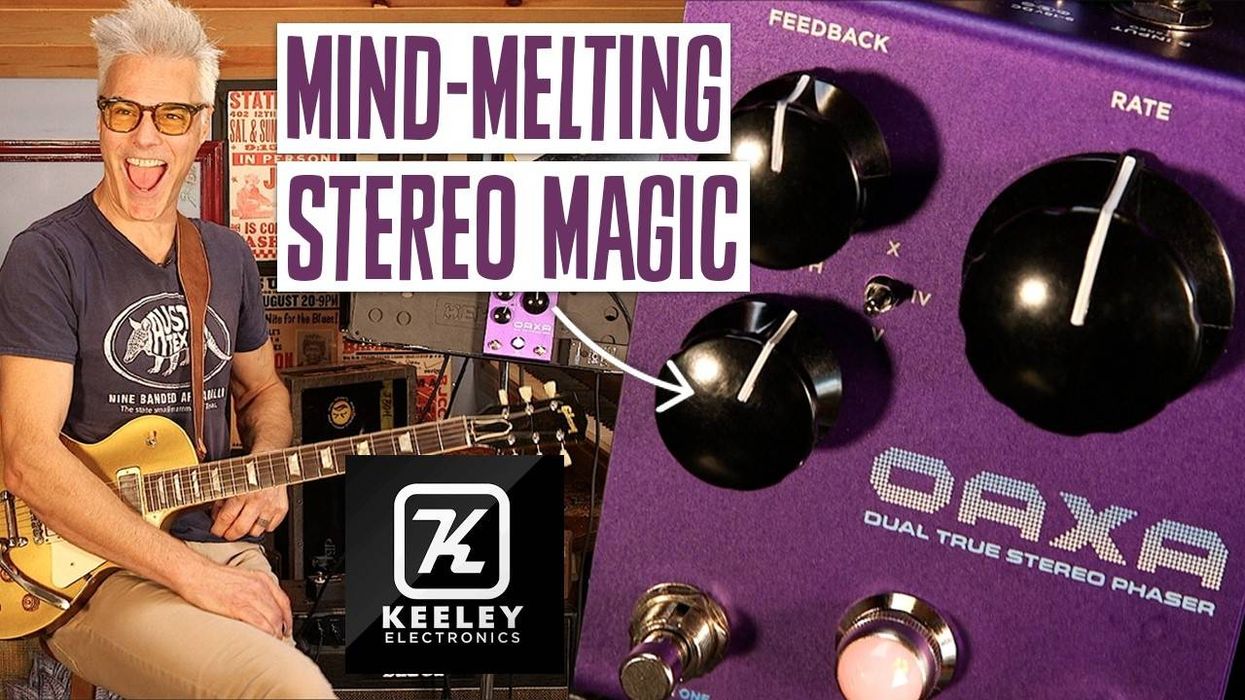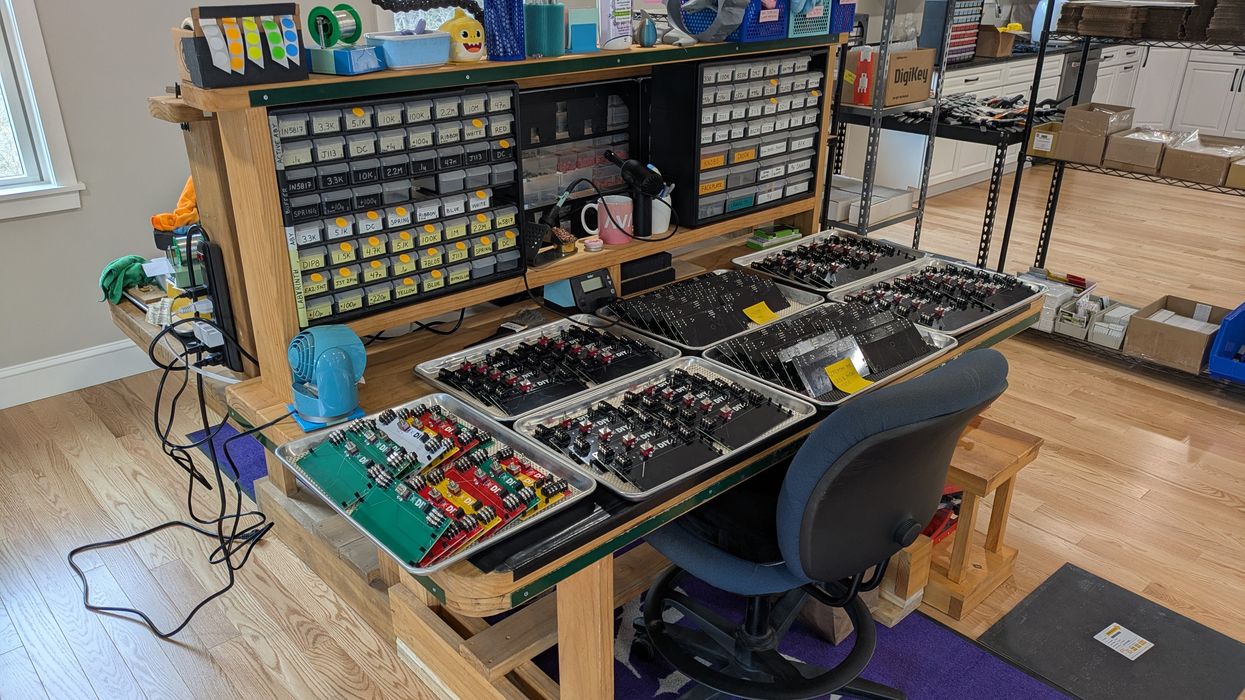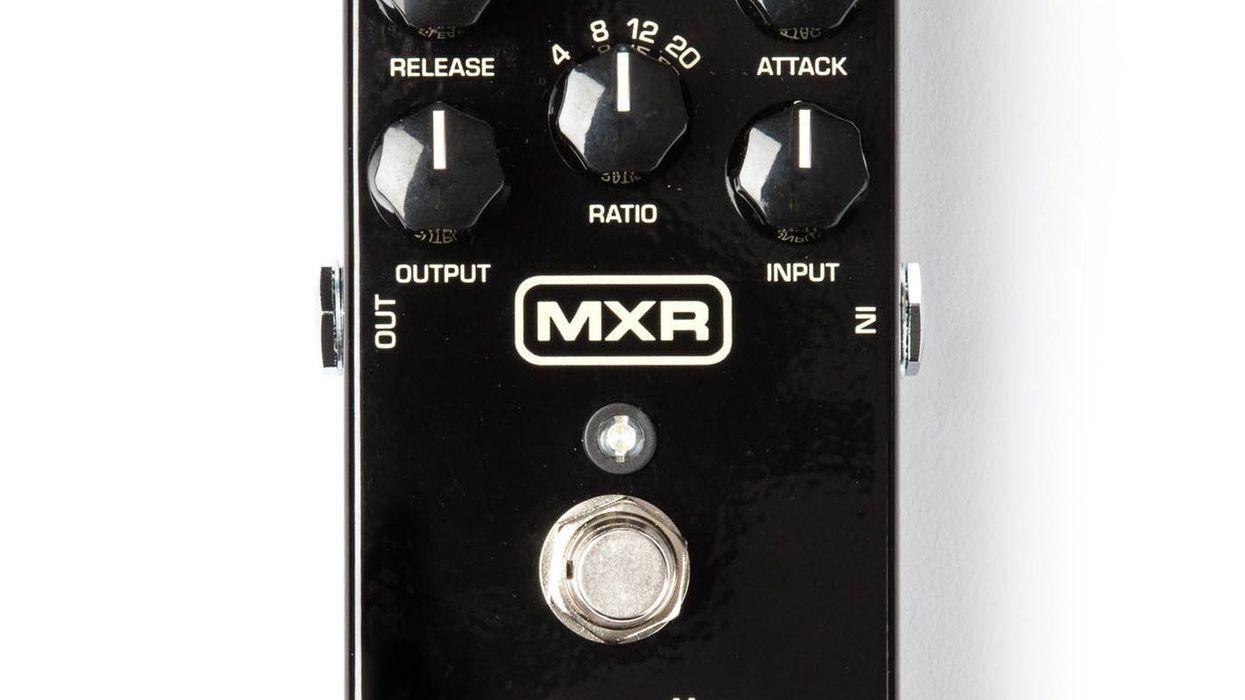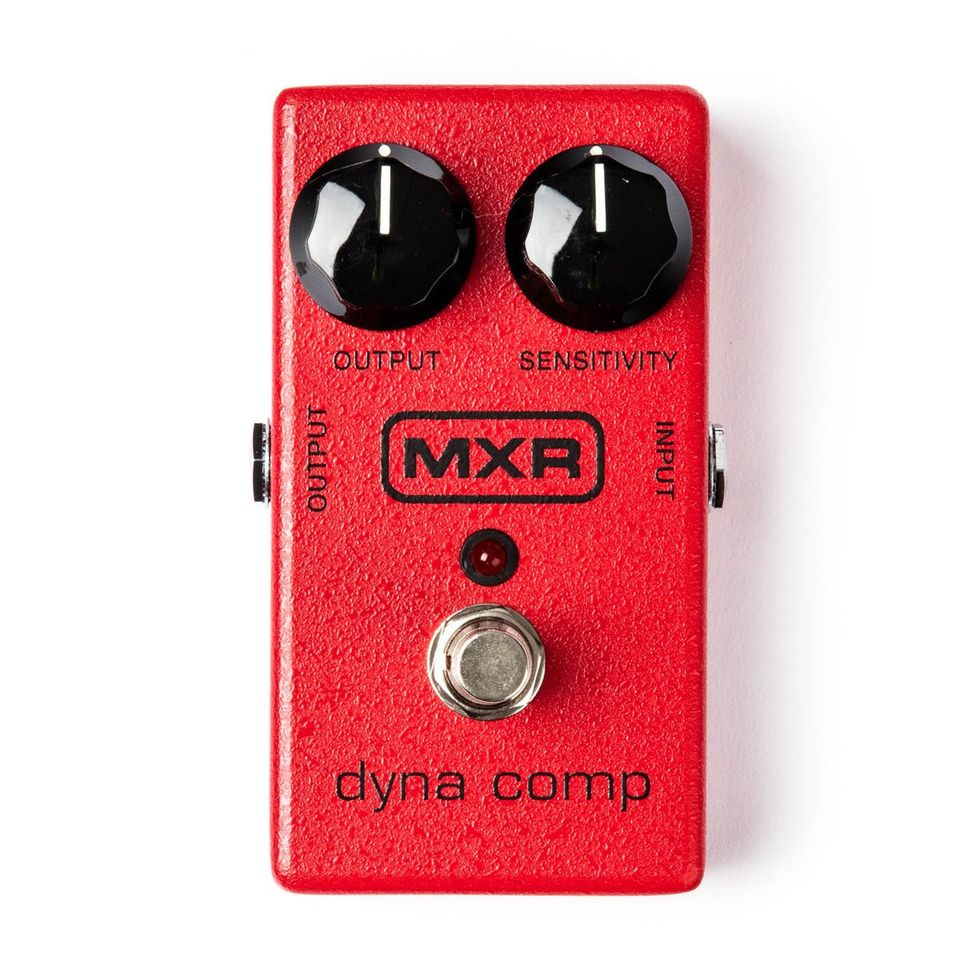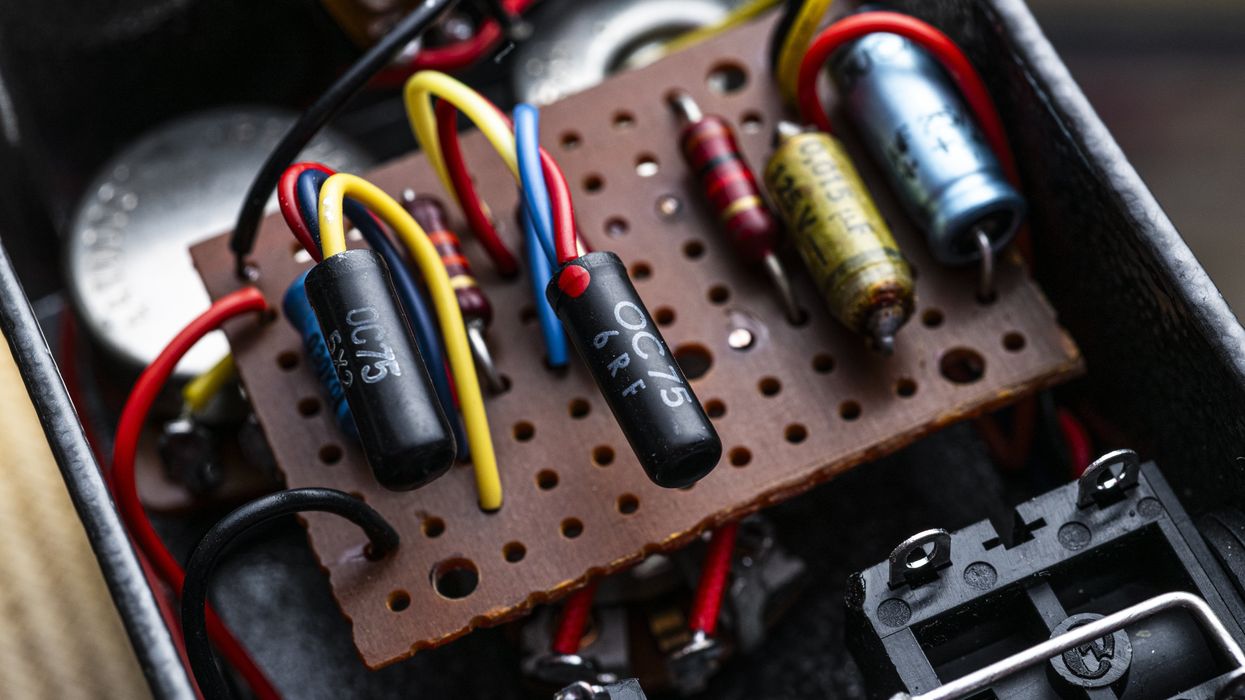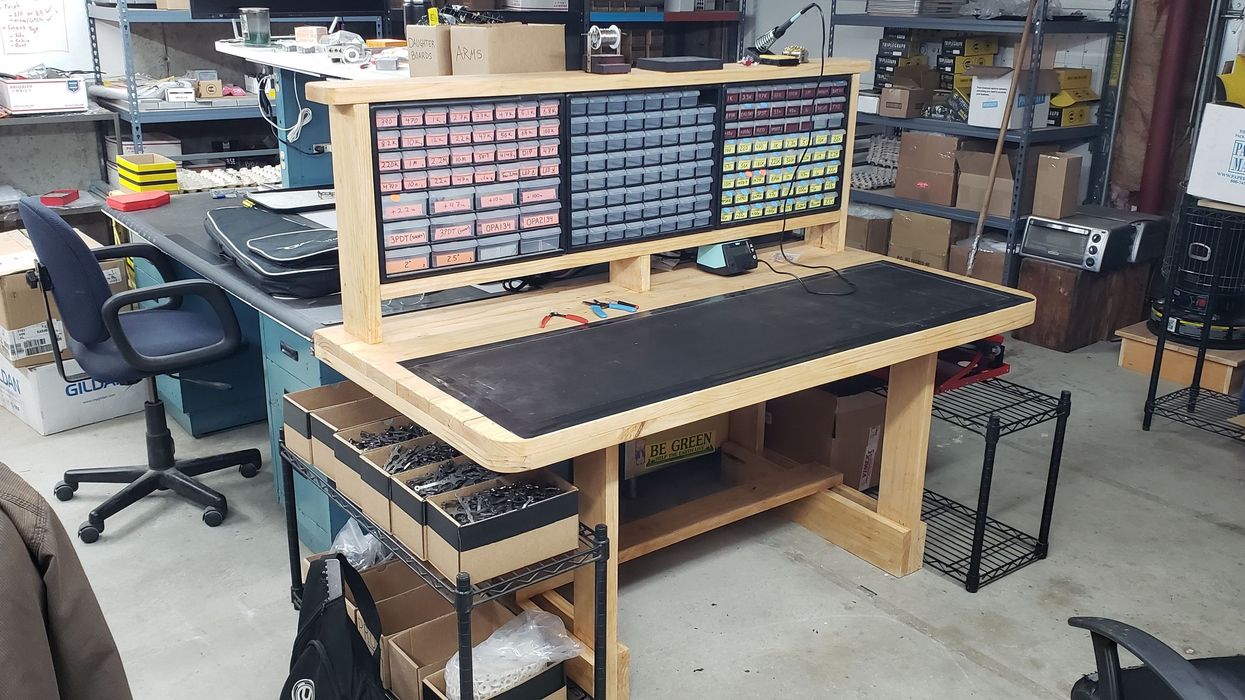Electric guitars are pack animals. They need a partner to do their thing—unless a very, very quiet acoustic guitar is what you really want. I like this kind of symbiotic approach to thinking about instruments. The guitar and the amp have been best friends for decades, practically inseparable, and it's useful to apply that same thinking to other things, in other contexts. Like the perfect pedal to complement your drum machine. It's not only helpful in a practical, sound-sculpting way. It also lends a nice conceptual structure: finding that one thing that gets along with another and brings the best out of it—and keeping them together, like one extended instrument.
What that actually looks like can take many different forms. I'm using a drum machine as an example today because I find them the most consistently surprising pedal partners. They often bring out a completely different side of a pedal than a guitar would, which can create insights for later reapplying that pedal to guitar.
But, for now, let's go back to the example of the amp and guitar. It's all about texture—about the EQ, about which overtones you get when you drive it. The amp isn't warping your instrument. It's giving it a voice. That's also a helpful type of partnership to explore with pedals. Maybe a pedal to smooth, sharpen, or otherwise mold the voice of your instrument? Overdrives, filters, and compressors all fall into this category. The effect can be almost invisible. It's only there to help your guitar become a heightened version of itself. Filters are a good one to zoom in on. They allow you to focus on a specific frequency range, to have it pop out. (This can also be great for percussion—really making the impact felt where you want it.)
There's something really rewarding about finding that counterpart—that pedal that makes another instrument feel more complete or allows it to be something else for a while.
One level up from this is adding some form of modulation. The Roland Juno-60 synth is an excellent example. It's so iconic, but half of that sound comes from its built-in chorus. Again, they're inseparable. It's not the Juno without it. Modulation is a great way to lend more liveliness and dimension to your instrument. I find phasers, flangers, and chorus interesting and fairly easy to work with. A more experimental idea for a drum machine might be a square-wave tremolo, adding a second layer of rhythm to cut its beats in and out, as it does for guitar. If you're not used to playing guitar with this type of tremolo, it can compel you to approach your strumming and single-note lines in a new way. Maybe it's the same for drums? Anyway, modulation is a good bridge between the subtle and overt. It can still be a minimal enhancement, but we're starting to get to a point where you can use a pedal to turn your instrument into something new.
Take a pitch shifter for example. With this device, you can turn a fundamentally monophonic instrument into something polyphonic, with each drum hit becoming akin to a chord. This kind of approach takes you past the edge of physical possibility, synthesizing a new instrument altogether. The same is true for messing with time effects—especially things like granular delay, which allows you to explode your instrument into a thousand little pieces. This kind of thing can offend purists, but there are practical reasons to do it—like, maybe you're comfortable playing a guitar but you need a sound closer to a synth. Finding the right pedal partner makes that more than possible.
There's something really rewarding about finding that counterpart—that pedal that makes another instrument feel more complete or allows it to be something else for a while. It lets you set and expand your instrument's limits and redefine its flaws. (Do you love the workflow of your drum machine, but feel it's a bit mild? Find it a friend!) Settling down with that one perfect counterpart provides just enough creative constraint, and perhaps a signature sound all your own.
Try it maybe.
